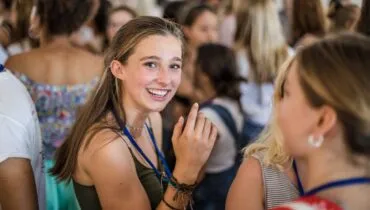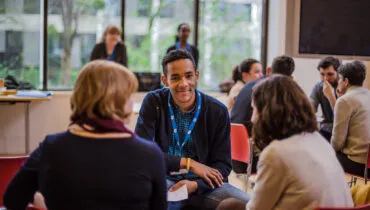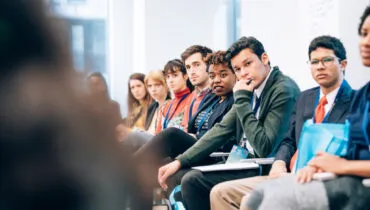Today, intercultural interactions are an integral part of our lives. At AFS, we offer intercultural learning opportunities to people from all walks of life, so that they can develop the knowledge, skills and understanding needed to create a more just and empathetic world.
At AFS, intercultural education is about:
- Broadening perspectives on oneself and the world ;
- Learning to respect differences and reinforcing the belief that there is;
- Encouraging sensitive and thoughtful communication and collaboration with other cultures;
- Developing an appreciation of other cultures and encourage openness to new ideas, attitudes and traditions;
- Developing critical thinking and problem-solving skills;
- Joining the global AFS community, building bridges between cultures and connecting with different communities.








